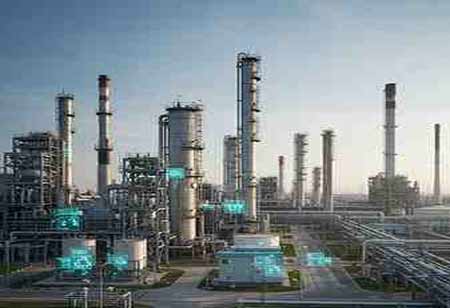Fremont, CA: The petrochemical sector is vital for global economic growth, supplying fundamental materials for various products, including plastics and fertilizers. As the international landscape changes, this industry encounters numerous challenges and opportunities. Over the years, various transformative trends have surfaced, and comprehending them is critical for companies striving to maintain their competitive edge.
Sustainability and Green Chemistry
Sustainability has emerged as a significant catalyst within the petrochemical sector. Due to escalating environmental issues and mounting demands from governments and consumers, businesses are increasingly adopting environmentally friendly practices. A notable trend in this area is the transition to green chemistry, which aims to diminish the ecological impact of petrochemical operations. One of the primary strategies involves the utilization of bio-based feedstocks instead of conventional petroleum-derived materials to lower carbon emissions.
Additionally, companies are investigating methods to improve the recyclability of their products, especially plastics, to reduce waste. This heightened focus on sustainability is also evident in the movement towards more energy-efficient manufacturing processes and the reduction of water consumption in petrochemical facilities. As consumers seek more eco-conscious products, petrochemical firms face growing pressure to align their practices with sustainable initiatives.
Technological Innovations in Production
Technological advancements in production are crucial for enhancing efficiency and lowering costs within the petrochemical sector. Key innovations include automation, artificial intelligence (AI), and the Internet of Things (IoT). Automation facilitates streamlined operations, reduces human error, and improves safety, while AI and IoT contribute to the optimization of supply chains and real-time monitoring of plant conditions. Additionally, progress in catalytic processes and the creation of more efficient reactors are enhancing petrochemical products' yield and quality. Using digital tools in process control also fosters improved decision-making and predictive maintenance, which minimizes downtime and boosts productivity. These technological advancements lead to cost savings and enable companies to remain agile in a competitive landscape.
Geopolitical and Market Shifts
The geopolitical landscape and market dynamics are constantly evolving, significantly influencing the petrochemical sector. Factors such as trade conflicts, regulatory changes, and oil price volatility can dramatically affect the supply and pricing of raw materials. Recently, the industry has experienced transformations in energy production, with regions such as the Middle East and North America emerging as key players in petrochemical manufacturing due to their access to low-cost natural gas.

